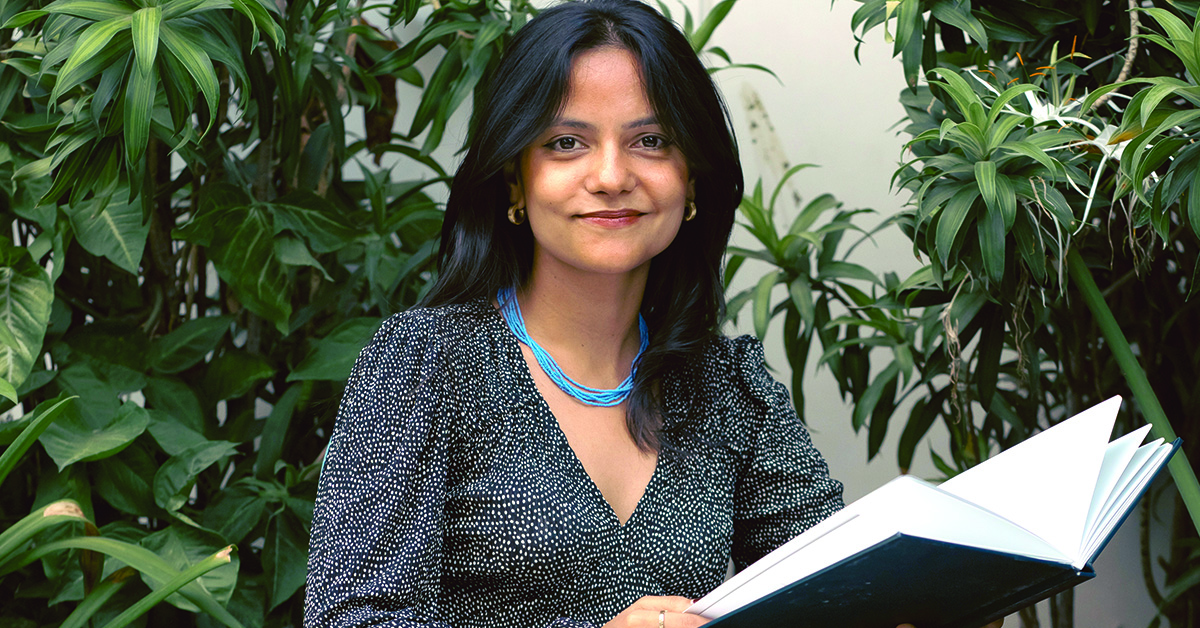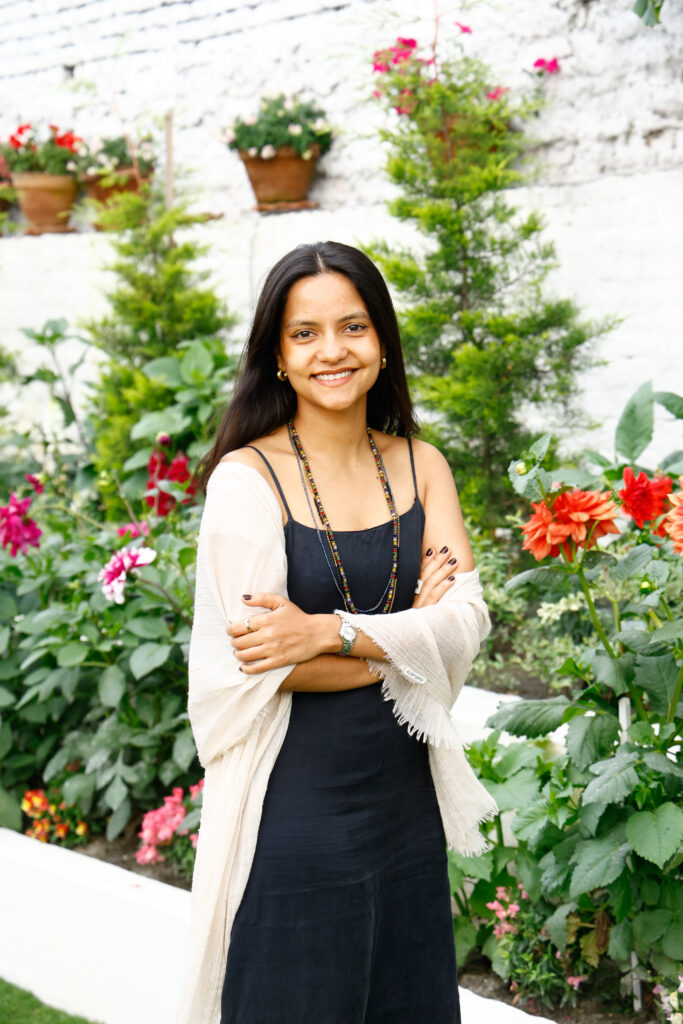
In the heart of Spain, where the vibrant pulse of Madrid beats alongside centuries of history, lives a woman who carries two worlds in her heart. Sangita Soto Torres, a name that now echoes through diplomatic halls and cross-cultural forums, began her extraordinary journey in the humble surroundings of Chitwan, Nepal. Adopted at the age of six, Sangita’s story is one of resilience, reinvention, and a rare grace that emerges when love transcends borders.
Sangita doesn’t speak of her adoption with sorrow or bitterness. On the contrary, she calls it the “most sublime act of love” — a decision made not from abandonment, but from hope. “Only I was adopted because I was the smallest,” Sangita, the youngest of four siblings, recalls.
She shares, “From the very beginning, I understood the profound reason behind my adoption, and I never felt deprived, but rather chosen. I consider myself not just fortunate, but privileged, to have been the one selected to undertake this journey to Spain, a destination that offered me opportunities to grow in ways I could never have imagined.”
Hearing the journey in her own words, she expresses no trace of resentment — only gratitude for a life that could have looked vastly different had she stayed.
In her quiet village in Chitwan, Sangita’s future was as uncertain as that of many rural Nepali girls — marriage at a young age, limited education, and confined aspirations. But fate had something else in store.
After a year in a Kathmandu orphanage filled with stories, games, and the silent love of fellow sisters, Sangita embarked on a journey to Galicia, Spain, with new parents who would teach her more than just language and customs — they’d gift her values that would shape her destiny.
From the misty green hills of Galicia to the bustling streets of Madrid, Sangita grew up under the careful guidance of her adoptive parents — her mother, a tenacious lawyer, and her father, a sensitive teacher who taught her Spanish in just three months.
“They never tried to erase my past,” Sangita says. “They kept my Nepali name as a gesture of respect.” Her father often told her, “If the roots are not strong, the tree will always sway with the slightest wind of life.” That philosophy became a compass as she navigated a multicultural identity and ambitious academic pursuits.
She studied law at Universidad Carlos III in Madrid, then ventured to Sweden’s Örebro University, and later completed a Master’s in European and Global Law in Pompeu Fabra University in Barcelona. A prestigious government scholarship followed — an MBA in International and Business Management — which led her to her current role at the Economic and Commercial Office of Spain in Mumbai, where she helps Spanish companies navigate the Asian market.
But no matter how far she goes, Nepal is never left behind.

Nepali music, especially the soulful notes of Phoolko Aankhama by Ani Choying Drolma, remains her spiritual anchor. “It’s my mantra,” she says. “That song taught me the world reflects what we carry inside.”
Sangita also remarks, “Nepali music, with its sarangi and bansuri, is the whisper of the mountains and the ancient villages that have not lost their soul.”
This deep connection inspired Sangita to return to Nepal three times. On her first trip at 18, she reunited with her biological family. The second journey was a two-month soul-searching backpacking trip that took her from the streets of Kathmandu to the sacred heights of Muktinath. The third, just a month ago, was to revisit her roots and explore ways to support the very orphanage that once nurtured her.
If there’s one place she calls sacred, it’s Mustang. “There, the air feels like a prayer,” she says. “It reconnects me with the deepest part of who I am.”
At 17, Sangita realized she wasn’t alone. “Many adopted Nepali youths in Spain felt confused about their identity,” she explains. So she started a WhatsApp group. From a modest gathering of 15 at a Nepali restaurant in Madrid, the community — now called ‘Nepaspa’ — has grown to over 70 members now. Their second reunion, hosted at the Nepali ambassador’s residence, reflected not just numbers, but the need for shared narratives.
“Many of us have returned to Nepal, sought our roots, and yet remain fully Spanish and European,” Sangita shares. It’s a community born from the same threads of displacement and discovery that have woven her own identity.
When asked if she considers herself a bridge between Nepal and Spain, Sangita hesitates. “That title feels too grand,” she says modestly. But her actions suggest otherwise. From speaking about Nepal in Spanish classrooms as a child to working with the Nepali Embassy and dreaming of cross-national projects, she’s living that role every day.
Her plans are as ambitious as they are altruistic: to specialize in the Asian market, to help European companies engage with Nepal, and to foster investment that lifts local communities. “I dream of starting educational programs for children, and entrepreneurship projects for youth in Nepal,” she says. “To build a bridge of mutual understanding and development.”
At just 25, Sangita Soto Torres stands at the crossroads of two rich cultures — not torn between them, but strengthened by both. Her life is not a tale of rescue, but one of self-discovery. It is a story that reminds us that where we come from matters just as much as where we’re going, and that love — be it from a mother in Chitwan or parents in Galicia — can span oceans.
Sangita’s journey is not defined by adoption but by adaptation, not by what she left behind, but by what she carries forward.
And if you ever hear her speak about Nepal, you’ll know — she didn’t leave her homeland. She simply learned to carry it differently.